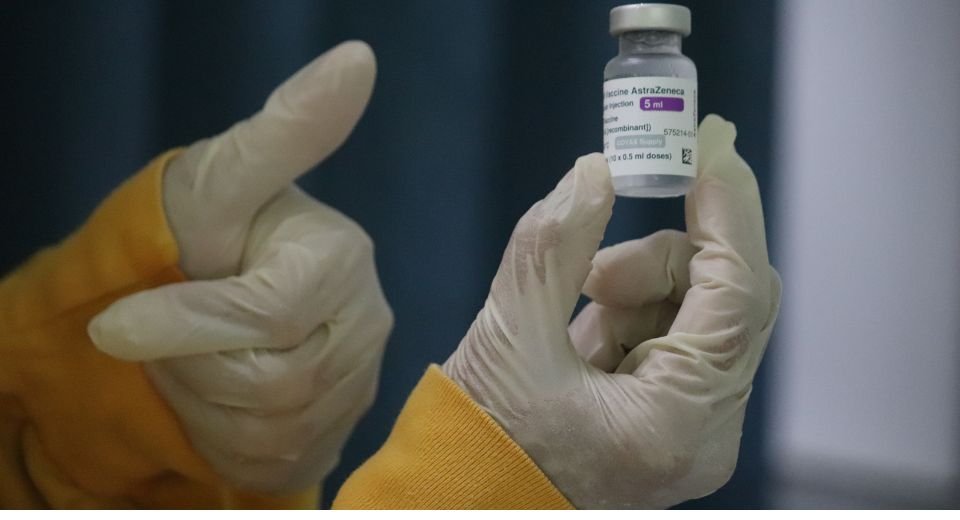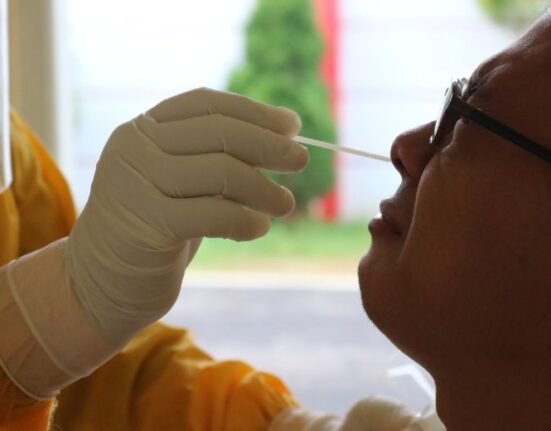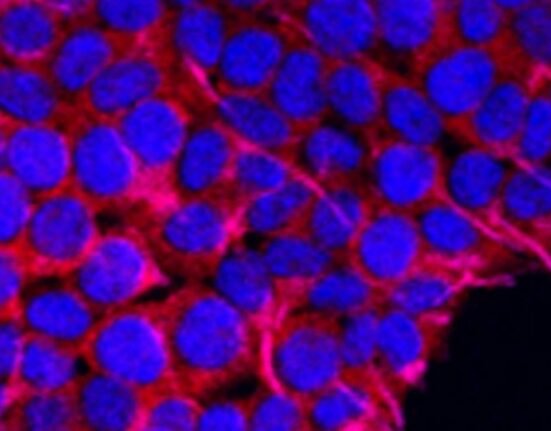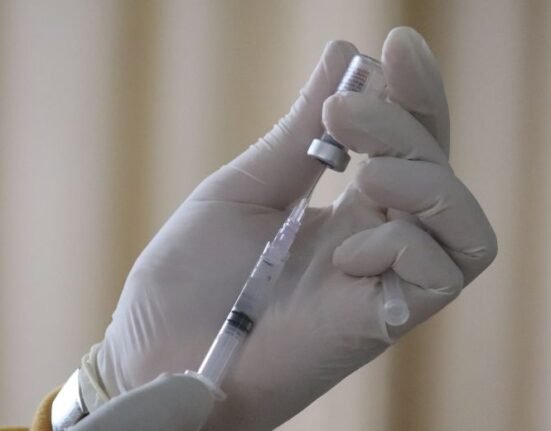HQ Team
December 18, 2025: Russia recently announced the development of a cancer vaccine, which is expected to be available for distribution free of charge by early 2025. This initiative, led by the Russian Ministry of Health, aims to provide a personalized mRNA vaccine specifically designed for patients already diagnosed with cancer rather than for general prevention.
The vaccine was announced by Russian President Vladimir Putin at a Moscow forum on future technologies, Putin stated, “We have come very close to the creation of so-called cancer vaccines and immunomodulatory drugs of a new generation. I hope that soon they will be effectively used as methods of individual therapy.”
Efficacy and mechanism
The vaccine is reported to have undergone pre-clinical trials that suggest it can suppress tumor growth and limit metastasis, as stated by Alexander Gintsburg, director of the Gamaleya National Research Center for Epidemiology and Microbiology.
The approach focuses on enhancing the immune system’s ability to identify and combat malignant cells, by targeting specific tumor antigens based on individual patient profiles, distinguishing this approach from conventional therapies
Concerns and challenges
Despite the promising announcements, there are several concerns surrounding the efficacy and safety of this vaccine. Concerns regarding transparency, data reporting, and parallels with past vaccine hesitancy, particularly related to the Sputnik V COVID-19 vaccine, have led to skepticism.
Scientific experts have also expressed caution, highlighting the need for rigorous independent peer reviews and the regulatory hurdles that must be navigated for international acceptance.
The scientific community is awaiting specific details regarding which types of cancer the vaccine targets
The complexity of cancer as a disease—characterized by diverse mutations and tumor behaviors—poses challenges for creating universally effective treatments.
Global context
Russia is not alone in its efforts; several other countries are also advancing cancer vaccine research. The UK government has partnered with BioNTech to develop personalized cancer treatments, aiming to enroll 10,000 patients in clinical trials by 2030
Pharmaceutical companies like Moderna and Merck are working on experimental cancer vaccines. Notably, a mid-stage study indicated that one such vaccine could halve recurrence or mortality rates for melanoma after three years.
The human papillomavirus (HPV) vaccine hs significantly reduced cervical cancer deaths in the United States, according to a study.
Similar initiatives are underway with various biotech firms exploring innovative approaches to cancer immunotherapy.
The landscape of cancer treatment is evolving rapidly with these developments. While Russia’s initiative represents a significant step forward, the effectiveness of such vaccines will depend on ongoing research and clinical validation. The global race for effective cancer vaccines continues, driven by the urgent need for improved treatment options as cancer remains a leading cause of mortality worldwide.








